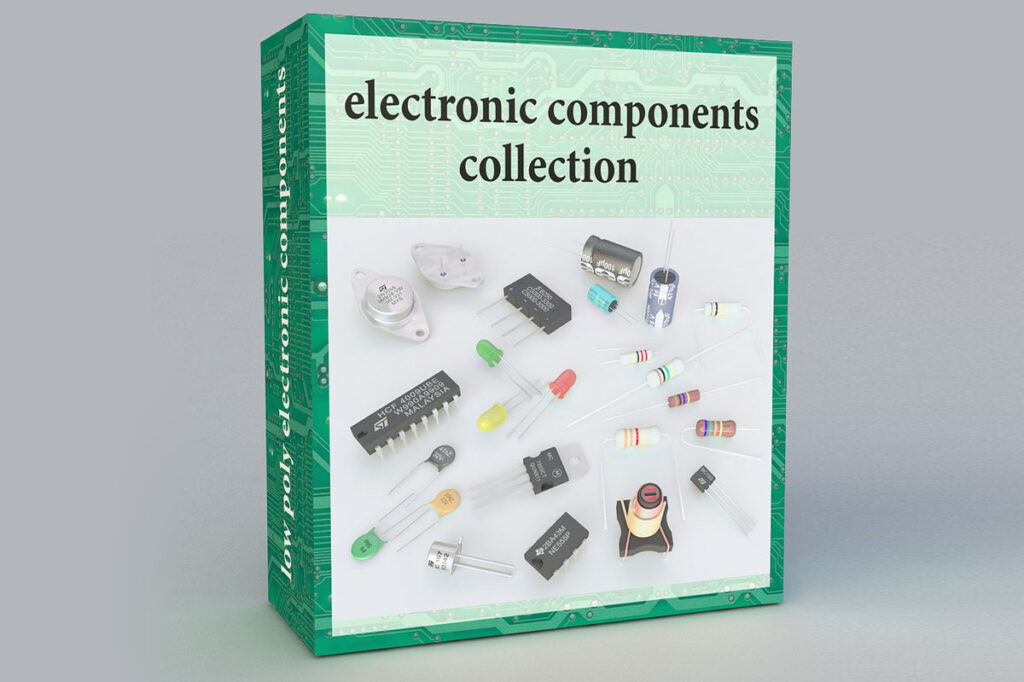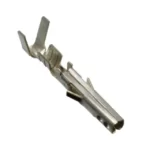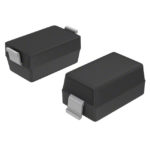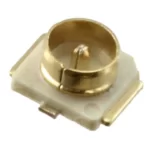Is Electronic Components A Good Career Path

Pursuing a career in electronic components can be an exciting and rewarding decision. With the continued advancement of technology and the prevalence of electronic components in our everyday lives, the field of electronic components is rapidly growing and offers a wide range of job opportunities. Working in this field can provide a person with the satisfaction of contributing to the development of innovative technologies while also providing lucrative pay and benefits. Those who are passionate about electronics and have a knack for problem solving may find a career in electronic components to be a great fit. With the right training and dedication, those in the electronic components field can look forward to a bright and successful future.
What is electronic components?
Electronic components, also called semiconductors, are substances that conduct electricity. They consist of layers of different materials, including silicon, germanium, and metals like gold, platinum, and silver. These layers are stacked together and are then “doped” with impurities that alter their conductivity. A large number of these components are then bonded together, often in miniature sheets or strips. Electronic components are used in an enormous variety of products, and they are increasingly being integrated with other technologies, such as computer chips and robotics. There are many different types of electronic components that are used in a wide range of applications and industries. Some of the more common types of components include capacitors, diodes, transistors, resistors, integrated circuits (ICs), and inductors.
Types of Is Electronic Components A Good Career Path
Capacitors – Capacitors are capable of storing an electric charge. They are used in a wide range of applications, including filtering and noise reduction in electronic circuitry and for energy storage in hybrid and electric vehicles. Electromagnetic interference (EMI) filters are a type of capacitor that is designed to mitigate the harmful effects of electromagnetic frequencies. Electromagnetic relays are another type of capacitor that is used in electrical switching circuits. Electronic control units (ECUs) are a type of capacitor that is used to store energy for the purpose of controlling engine speed. Electrolytic capacitors are another type of capacitor that is used in power supplies. Electrostatic air filters are a type of capacitor that is used in air filtration systems to attract and hold dust and other airborne particles. Diodes – Diodes are used to conduct or direct current in one direction only. They are often used in light-emitting diode (LED) and photodiode applications. Photodiodes are used in solar cells and infrared sensors. LED are used in a wide variety of applications, including traffic lights, road signs, and flashlights. Electron tubes are another type of diode that is used in high-voltage and radio transmitting applications. Transistors – Transistors are semiconductor devices used to amplify and switch electronic signals. They are used in a wide variety of applications, including amplifiers, oscillators, and computer circuits. Electronic switching systems are another type of transistor that is used in electrical power systems. Resistors – Resistors are components that are designed to consume or dissipate electrical or thermal energy. They are used in a variety of applications, including circuits and controllers. Resistive sensors are another type of resistor that is used in pressure and flow sensors.
Benefits of pursuing a career in electronic components
There are many benefits to pursuing a career in electronic components. First and foremost, the field is projected to experience rapid growth and high demand in the near future. This means that electronic components professionals will have a wide range of employment opportunities and high earning potential. Additionally, working in the field of electronic components can be extremely rewarding, as it gives a person the opportunity to develop ground-breaking technologies and contribute to the progression of society as a whole. Finally, the field of electronic components offers a variety of job options, giving people the freedom to choose the type of work environment and career path that best suits them. Overall, pursuing a career in the field of electronic components is an exciting choice that will provide a person with great opportunities and benefits.
Qualifications and training needed to succeed in the field
To succeed in the field of electronic components, it is important to have a genuine interest in the subject and a strong knowledge of electronics theory. Additionally, it is beneficial to have strong problem-solving skills and an aptitude for mathematics and science. Those who are interested in pursuing a career in electronic components should pursue a formal education in the field. A bachelor’s degree or higher in electronic engineering is often the minimum educational level required for entry-level positions in the field. Some employers may even require a master’s degree or doctorate from applicants. It is also important to build up experience and create a strong network in the field by working in internships and volunteer positions.
Career paths and opportunities within the field
There are a wide range of job opportunities within the field of electronic components. Some of the more common job titles in the field include electronic engineer, quality engineer, and materials engineer. Other job titles in the field include computer engineer, systems engineer, and design engineer. Within the field, there are many different types of organizations that you can work for, including engineering services, research institutes, and manufacturing companies. Engineers who work in the field of electronic components often work in product development, quality assurance, and manufacturing environments.
Common job responsibilities of Is Electronic Components A Good Career Path professionals
The job responsibilities of electronic components professionals can vary greatly depending on the type of organization that they work for and the specific position that they hold. However, in general, electronic components professionals are responsible for designing and developing components that are used in electrical and computer systems. This includes designing circuits, selecting and applying materials, testing products, and documenting results. Additionally, electronic components professionals often work in teams to design large-scale products, such as computers and satellites. This job also often involves creating detailed engineering drawings and documenting progress.
How to stay up-to-date with the latest electronic components trends
Electronic components professionals may find that it is beneficial to keep up-to-date with the latest trends in their field by attending conferences, networking with colleagues, and reading industry publications. Attending conferences and industry events allows professionals to network with others in their field and get inspired by others in the industry who have accomplished great things. Joining professional organizations and networking with colleagues can also provide a valuable source of inspiration and opportunities to collaborate with others in the field. Reading industry publications can also provide valuable insight into the latest trends in the field, allowing professionals to stay informed and motivated while remaining up-to-date on the latest news in their industry.
Tips for finding a job in the field of electronic components
When looking for a job in the field of electronic components, it is important to stay focused and persistent while putting together an effective job search strategy. It is advisable to seek out potential employers at job fairs and networking events, as these types of events often provide great opportunities to network with potential employers and get noticed by recruiters and hiring managers. Job seekers may also want to consider creating a detailed and tailored resume that highlights their skills and past accomplishments.
Salary expectations for electronic components professionals
The salary expectations for electronic components professionals can vary widely depending on the type of organization that they work for and their specific position. Overall, however, the field of electronic components is a lucrative one, and professionals can often earn six-figure salaries. Entry-level positions in the field typically start just above $40,000, while senior engineers may earn salaries upwards of $100,000. Various industry trends, including the growing use of technology and increasing demand for electronic components in a variety of industries like robotics, aerospace, and construction, are expected to contribute to the continued growth of the field of electronic components over the next decade. This means that electronic components professionals can expect to see lucrative job opportunities and high earning potential in the future.
The outlook for the electronic components industry
The bomzon electronic components industry is expected to grow rapidly over the next decade, with demand expected to increase across multiple industries and a growing global population. Advancements in technology, such as the rise of wireless communication, are also expected to drive up demand for electronic components and help increase productivity in a wide range of industries. Growth in the field of electronic components is expected to be driven largely by businesses in the manufacturing sector, including automotive, computer, and aerospace companies. All of these factors mean that there are excellent opportunities for growth and advancement in the field of electronic components. Those who are passionate about electronics and have a knack for


